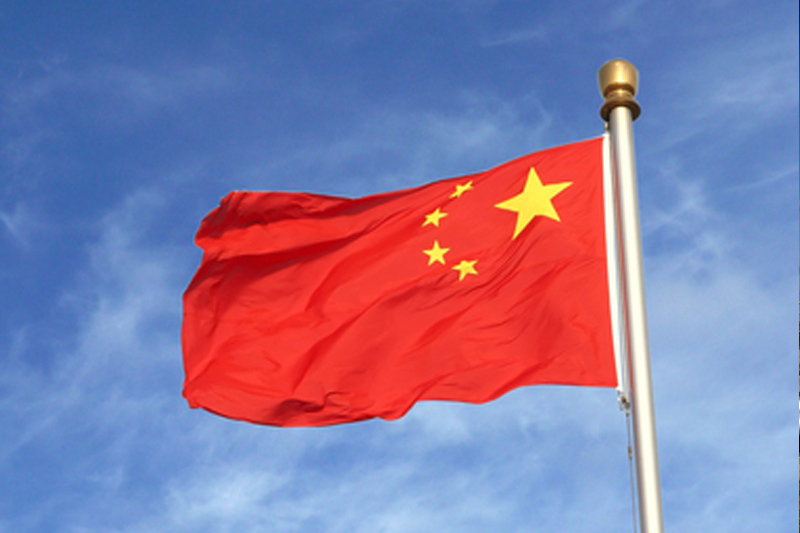Last month prominent US rating agency Moody's revised China's credit rating outlook from stable to negative, sparking a mixed response.
Financial markets showed little reaction, focusing primarily on economic implications, but Chinese state media, including the Global Times, a state-affiliated newspaper, labelled Moody's assessment as "biased and unprofessional".
A statement from China's Ministry of State Security critiqued "negative talk" as an attempt to undermine the nation's socialist system and hinder its development.
The CCP deflected the rating, preferring to highlight its pivotal role in China's success story. The party maintains that the economic headwinds are temporary and will be resolved by 2024.
Xi acknowledges challenges
But President Xi Jinping appeared to address the country’s issues – his recent statements in a New Year's Eve speech marked the first time since 2013 that he has openly mentioned economic struggles in China.
Acknowledging difficulties faced by businesses and job seekers, Xi underscored the importance of economic recovery.
Xi referred to the current "headwinds", candidly stating, “Some enterprises had a tough time. Some people had difficulty finding jobs and meeting basic needs.”
These issues, he said, are of paramount concern to him. Xi promised to bolster the momentum of economic recovery, as reported by various state media outlets.
The National Bureau of Statistics' latest Purchasing Managers' Index indicates a continued contraction in manufacturing activity, underscoring the severity of the manufacturing giant’s challenges.
China's $19 trillion economy faces entrenched systemic issues. The real estate sector, a major GDP contributor, is experiencing a downturn after two decades of growth, largely driven by government policies.
This sector's decline is exacerbated by oversupply, reduced household formation, and significant debt levels among property developers, local governments and state enterprises.
Other concerns include stagnant productivity growth, politicised regulations, rapid ageing, high youth unemployment and pervasive inequality.
Outlook bleak
China's economic outlook for 2024 appears more daunting than the previous year.
The government's persistent focus on manufacturing investment and exports, without substantial market or structural reforms, may lead to further imbalances and potentially ignite a new trade conflict, especially with the European Union and the United States.
Beijing's response has been to double down on state control over the economy and public opinion, rather than implementing significant economic reforms.
This approach might be stabilising in the short term, but may not be sustainable in the long run.
China's economic strategy is also likely to affect its relationships with major global economies, as seen in Xi's recent efforts to engage with both the US and EU leaders.
